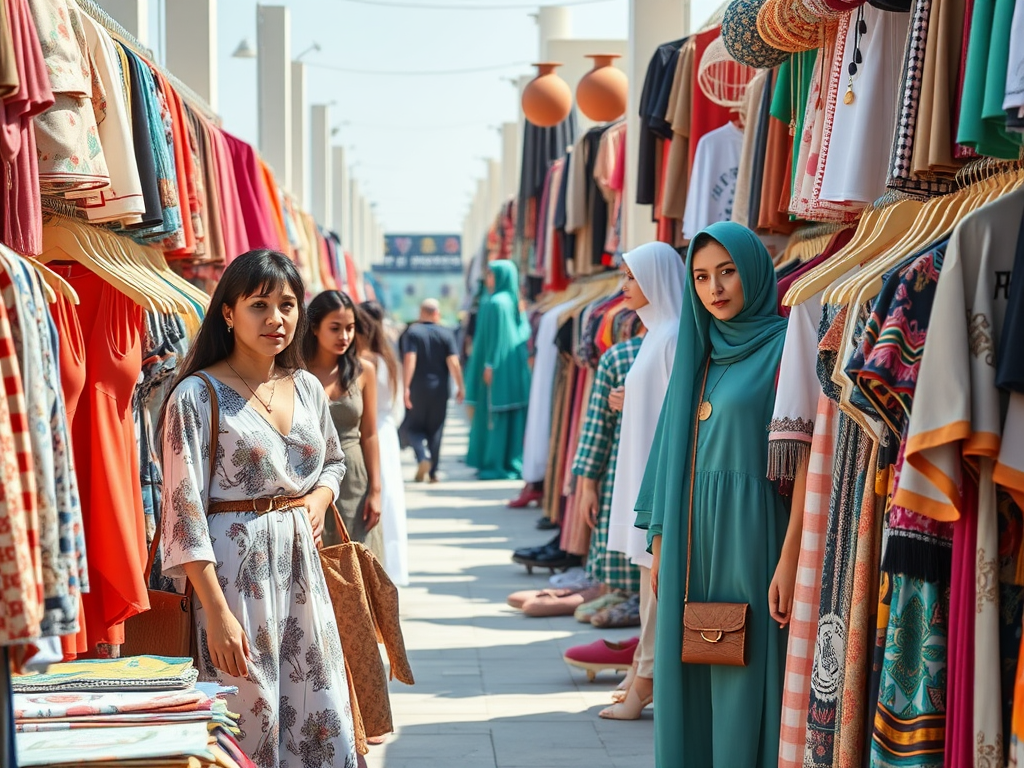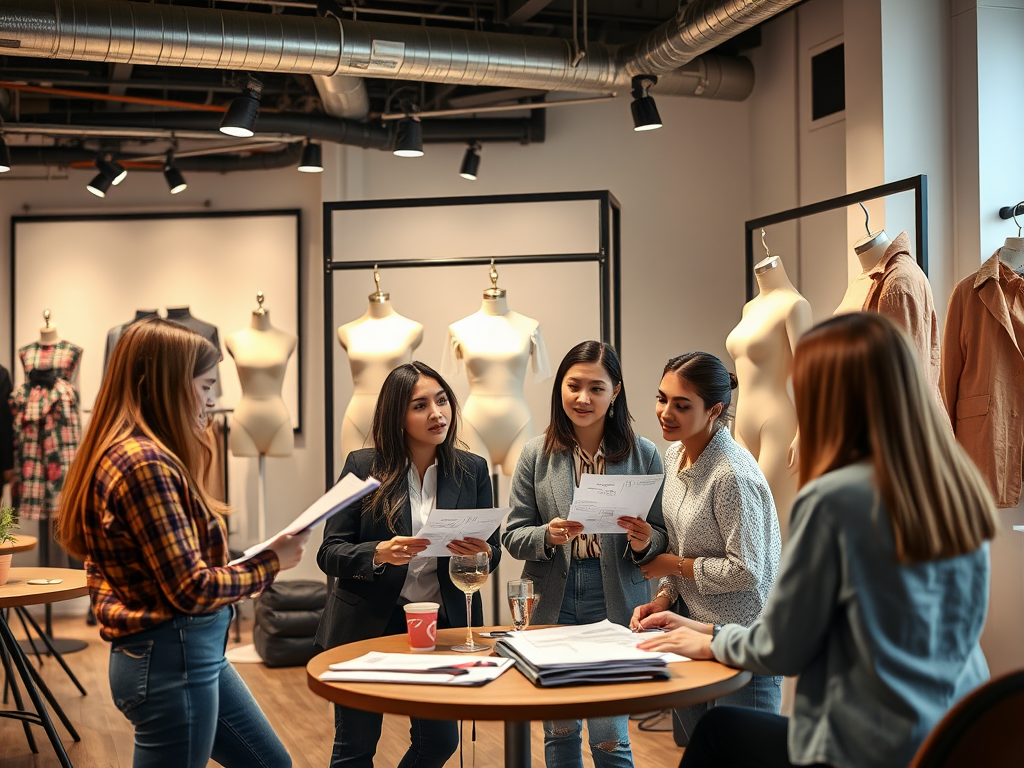Dubai’s fashion industry is rapidly emerging as a lucrative market for investors in recent years. With its strategic location as a global trading hub, diverse consumer base, and a thriving retail sector, Dubai offers incredible opportunities for those looking to invest in fashion. As the city embraces innovation and creativity, it is positioned to become a leading center for fashion brands and designers in the Middle East. This article will explore the various segments of the fashion industry in Dubai, the growing demand for fashion, and the promising investment opportunities that await those willing to dive into this vibrant market.
The Growth of Fashion Industry in Dubai

Dubai has consistently been at the forefront of luxury and style, catering to a cosmopolitan population that has diverse tastes and preferences. The growth of the fashion industry in Dubai can be attributed to several factors, including:
- Strategic Location: Positioned between Europe, Asia, and Africa, Dubai serves as an ideal gateway for international fashion brands looking to enter the region.
- Tourism Boom: With millions of tourists visiting annually, the demand for high-end fashion and luxury products continues to rise.
- Emerging Local Designers: A supportive environment for emerging talent, local designers are gaining recognition, creating unique opportunities for collaboration and investment.
- Fashion Events: Prestigious events such as Dubai Fashion Week and the Arab Fashion Council promote the industry and attract global attention.
As a result of these factors, investors have a wealth of options available to them, making it an attractive proposition for those interested in capitalizing on the fashion sector.
Key Segments for Investment

Investors looking to tap into Dubai’s fashion industry should consider several key segments that have shown great promise for growth. These segments include:
- Luxury Fashion Retail: High-end boutiques and flagship stores for international brands coalesce in prime retail districts such as The Dubai Mall and Mall of the Emirates.
- Online Fashion Market: The e-commerce sector is experiencing exponential growth, with a burgeoning number of platforms catering to the Middle East’s digital consumers.
- Sustainable Fashion: A growing consumer awareness around sustainability presents opportunities in eco-friendly and ethically made fashion products.
- Fashion Tech: Investing in fashion technology, such as augmented reality, virtual fitting rooms, and supply chain management software, offers innovative prospects.
- Fashion Education: Establishing fashion design schools and training institutes can attract local talent and pave the way for future industry growth.
Each of these segments not only reflects current trends but is also poised for significant growth, making them ideal for potential investors.
The Role of Government Initiatives
The Dubai government is instrumental in promoting the fashion industry, driving initiatives to attract investment and foster entrepreneurship. Key initiatives include:
- Free Zones: Setting up businesses in designated free zones offers tax incentives, 100% foreign ownership, and ease of doing business.
- Support for Startups: Programs aimed at providing funding, mentorship, and networking opportunities for young designers and fashion startups.
- Trade Shows and Expos: Hosting internationally recognized fashion trade shows allows local businesses to connect with global brands and explore partnership opportunities.
These government-led initiatives highlight a commitment to cementing Dubai’s position as a global fashion capital, further enhancing its attractiveness to investors.
While Dubai offers exciting investment opportunities in the fashion industry, there are challenges that investors must navigate. Notable challenges include:
- Market Saturation: The increasing number of brands entering the market could lead to saturation, making differentiation crucial.
- Cultural Sensitivity: Understanding and respecting local culture and traditions is essential for success, especially for international brands.
- Supply Chain Logistics: Managing logistics and supply chains in a rapidly evolving industry can present operational challenges.
- Competition: Both local and international players are vying for market share; thus, strategic positioning is necessary.
Addressing these challenges effectively can help investors maximize their success in Dubai’s dynamic fashion landscape.
Conclusion
Dubai’s fashion industry presents a wealth of investment opportunities across various segments, driven by growth factors such as tourism, luxury retail, and local talent. Government initiatives further enhance the landscape for investors, providing a strong foundation for success. While challenges exist, they can be mitigated through strategic practices and cultural understanding. For anyone looking to invest in a burgeoning market, Dubai’s fashion industry offers a promising path filled with potential rewards.
Frequently Asked Questions
1. What are the top fashion trends in Dubai currently?
Current trends in Dubai’s fashion industry include sustainable fashion, luxury streetwear, and the incorporation of technology into fashion experiences, such as virtual fitting rooms.
2. Which locations in Dubai are best for setting up a fashion retail store?
The best locations include The Dubai Mall, Mall of the Emirates, and City Walk, all of which attract significant foot traffic and premium clientele.
3. How can I invest in the online fashion market in Dubai?
Investing in the online fashion market can be done by creating an e-commerce platform, partnering with existing online retailers, or leveraging social media for direct-to-consumer sales.
4. Are there any fashion incubators in Dubai for startups?
Yes, there are several fashion incubators in Dubai that support startups with mentorship, workspace, and access to funding opportunities.
5. Is Dubai a good place for sustainable fashion investment?
Absolutely, with an increasing consumer demand for sustainable products, investing in this segment in Dubai is both timely and promising for investors.